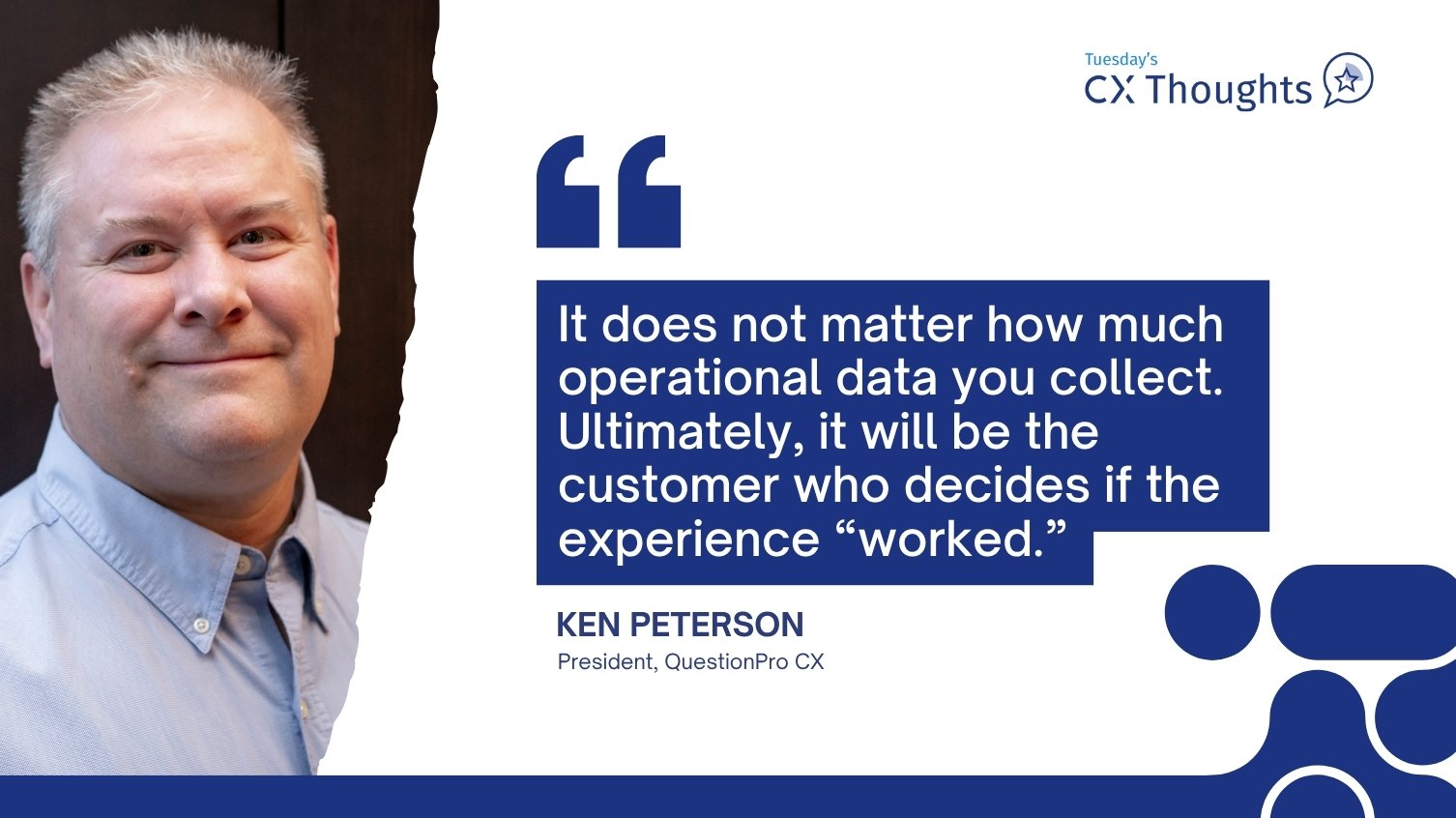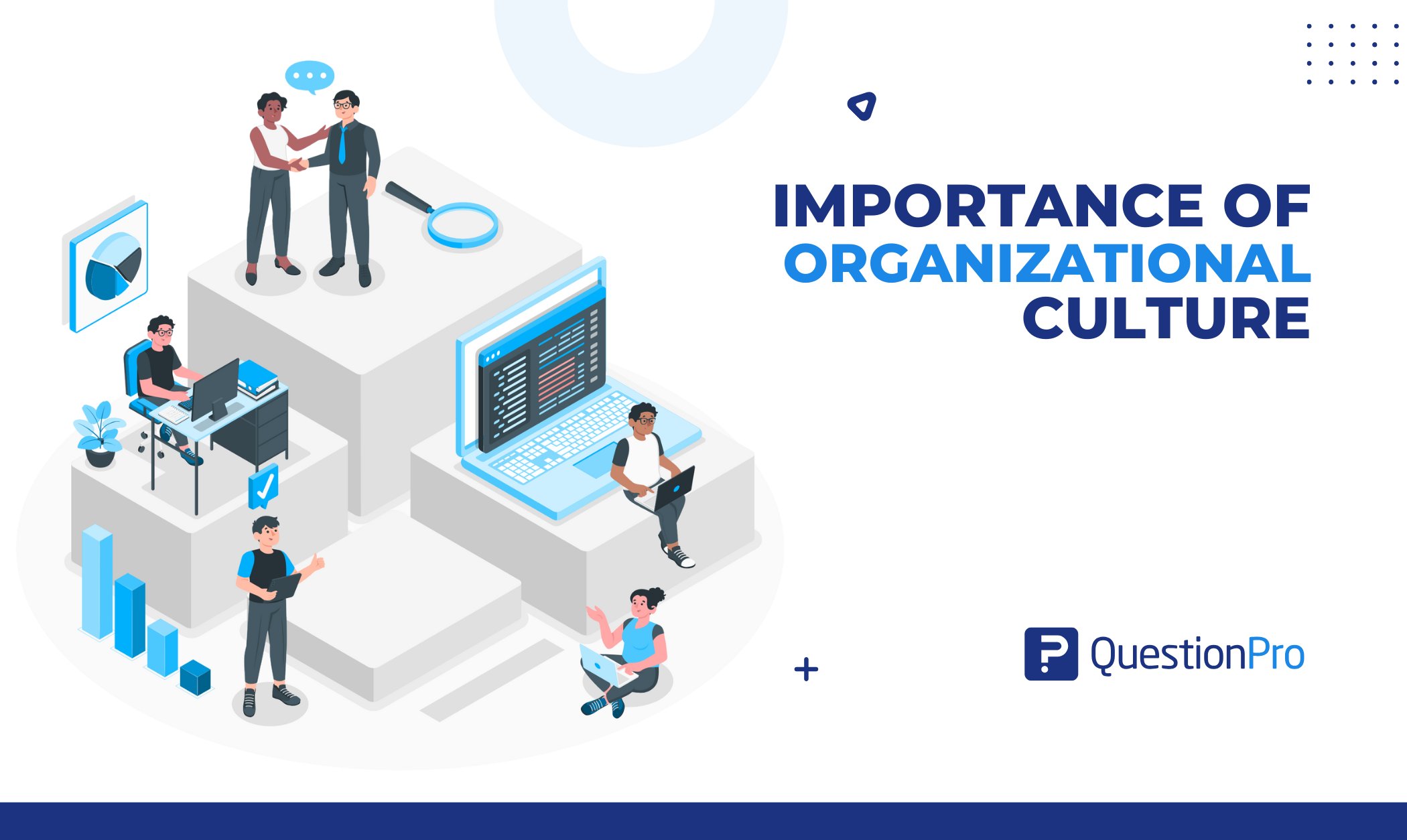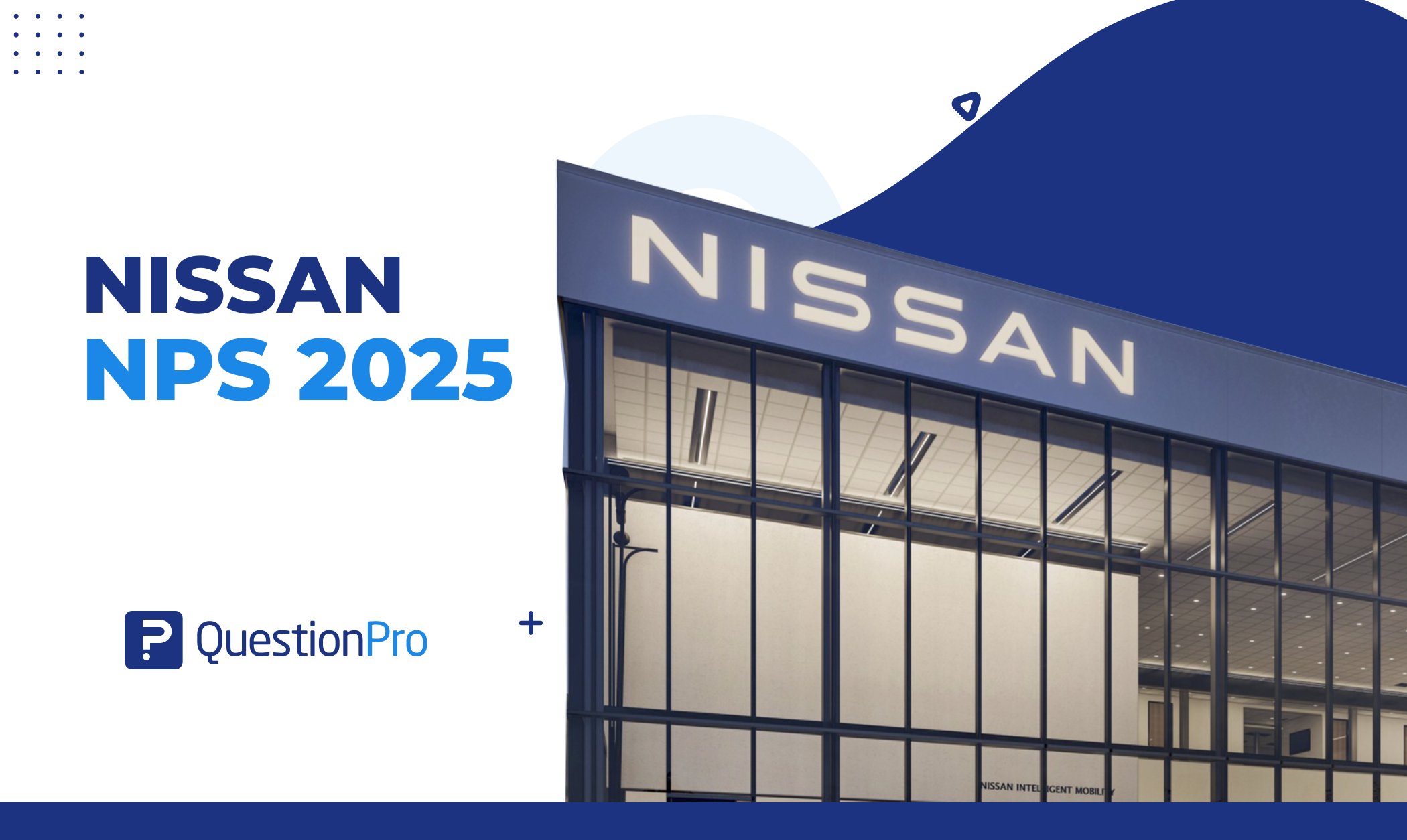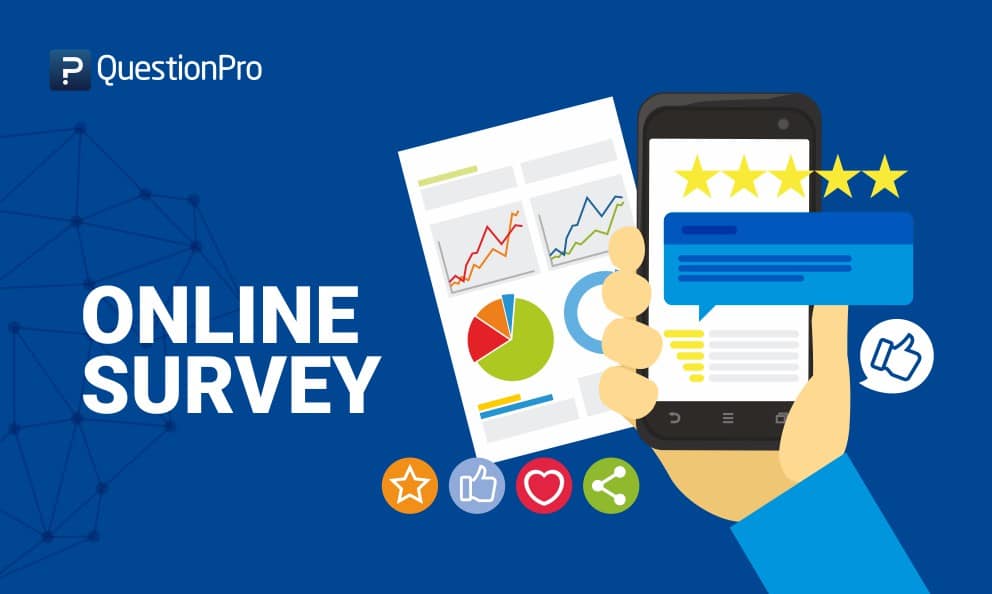
The main reason for the growth in online survey implementation we’ve been noticing each year is the low costs. In addition, conducting an online survey is convenient due to the sheer magnitude of reach. Over the past decade, researchers have started leaning towards online survey tools for conducting their creating surveys as they can send them out from their desktops, laptops, or mobile devices while their target audience can have the option to respond to the surveys whenever time is better for them.
What is an Online Survey?
The online survey, or internet survey, is one of the most popular data-collection sources, where a set of survey questions is sent out to a target sample, and the members of this sample can respond to the right questions over the World Wide Web. Respondents receive surveys via various mediums such as email, embedded over websites, social media, etc.
Organizations implement a survey maker to use the internet in order to gain insights and feedback about upcoming products or services, changes in marketing strategies, enhancement in current features, opinions about the company, etc.
With the progress made by the internet connection, more and more organizations depend on the data received and analyzed from online surveys to make integral changes in their functioning. For efficient data collection, organizations must choose an advanced and efficient online survey platform.
Characteristics of an Online Survey
There are six distinct characteristics that should ideally define online survey success.
01. Purpose of the online survey
This is the most important characteristic of surveys. An established survey can only lead to appalling results. Researchers should decide the objective of conducting an online survey so that the gauged results can be used to enhance products/services, net promoter systems, features, customer service, or any other pre-decided objective.
02. Accurate research design
For an online survey to bear efficient survey results, it is important for the researcher to design a thorough research design. How to carry out market research and analysis using surveys – this can be decided by implementing research design. The design will help market researchers in deciding how to collect and explore information using online surveys and how to measure and analyze collected survey data. The type of research design can be decided according to the problem an organization is facing. Upon detecting the research problem, a market researcher can decide from among various types of research design: Cross-sectional, longitudinal, experimental, correlational, etc.
In case an organization intends to conduct an online survey at a particular time, the researchers can rely on cross-sectional design, and in situations where the organization wants to observe a change in pattern from a particular time interval to another, the researchers can rely on longitudinal design.
03. Precisely structured survey questions
An efficient survey should include a carefully curated balance of open-ended questions and closed-ended survey questions. There are multiple question types that can suffice different purposes of using survey tools. The questions added in an online survey should be effective in obtaining the required information from the selected sample. Some of the most widely used survey questions are:
A researcher will be able to gather effective information from online survey answers only when the purpose of the survey is justified by the type of survey questions and answers.
For example, Likert scale questions can be used to know the level of agreement of respondents with a particular statement, or Matrix questions can be used where there is a long list of similar questions and there is a likelihood of respondents dropping off a survey if these questions are not combined. Researchers should understand the purpose of the question types of an online survey to ensure that the survey questions are well-structured to garner crucial details from responses.
04. Clearly defined target sample
A sample is a representative section of target respondents who represent the required characteristics for whose inputs can be generalized and applied to the entire target market. After filtering a sample from the target population, the number of individuals who are a part of the sample will be indicative of the sample size. A sample can be formed on the basis of various aspects such as demographics, profession, or any other factor according to the researcher’s experience and knowledge. Samples can be formed using two sampling methods:
- Probability Sampling: A theory of probability is used to form a sample using the Probability Sampling method. In this sampling method, every individual of a target population has an equal opportunity to be a part of a selected sample.
- Non-probability Sampling: Non-probability sampling is a technique where the sample is chosen on the basis of the researcher’s judgment, experience, and knowledge and not on random selection.
05. Collection and Analysis of respondent feedback
Including the right survey questions and sending the online survey to the desired sample can lead to productive results only if the collected survey results are well-analyzed to make informed decisions for the organization. With online survey software such as QuestionPro, researchers can get analyzed data on a dashboard that keeps updating in real-time as respondents take the online survey. The data presented on this dashboard is in the form of charts and graphs for the ease of statistical analysis for the market.
06. Transparent reporting of survey responses
The reports of survey participants created using data obtained from online surveys should be shared with all the stakeholders of the organizations so that each member is aware of the survey data gathered. Every respondent should also understand that the organization is implementing their inputs – this way, they will trust the organization to be honest about providing feedback for improvement.
Online Survey Examples
An online survey can be an imperative online survey tool to gather information from either customers or employees.
Let’s take an example of customer satisfaction online survey:
- It is very critical for a brand providing door-to-door food delivery service to be on top of customer satisfaction. They always need to evaluate customer feedback, and the most effective method to collect customer satisfaction feedback is by conducting an online door-to-door survey.
- After every delivery executive delivers food, the brand can either include a rating scale survey on their mobile application or the website.
- Customers can provide input about their experience in real-time and the brand can continuously work on making enhancements in their food and delivery quality.
Another example of conducting an online survey is an employee engagement survey.
- A major part of an organization’s success depends on its employees. Keeping employees engaged requires constant effort from the management. Conducting surveys at regular time intervals will help the HR team evaluate employee engagement levels amongst employees.
- By analyzing the feedback from users received and improving on the aspects that employees think can be improved, an organization can ensure that employee satisfaction rates are improved over a period of time.
For surveys conducted to analyze customer satisfaction or engagement, it can be very important for researchers to choose an appropriate sample, a sample that can represent a target population.
Various probability sampling methods, such as cluster sampling, simple random sampling, stratified sampling, and systematic sampling, as also non-probability sampling methods such as snowball sampling, judgmental sampling, convenience sampling, consecutive sampling, and quota sampling, are to be implemented for impactful results.
Advantages of Online Surveys
- Faster medium to reach the target audience: In comparison to other survey techniques, such as pen-and-paper surveys, online surveys are exceedingly fast in acquiring feedback from respondents.
- Real-time analysis: After collecting information, the analysis is an important step for researchers to take prompt action. With survey creation software available, researchers can analyze collected data, data sets, user responses, opinions, or net promoter scores in real-time from a central dashboard.
- Cost-efficient: Due to the minimum required resources, online surveys are much cheaper than other methods, such as telephonic or pen-and-paper surveys.
- Minimum margin-of-error: Unlike the traditional methods, respondents directly submit the surveys without the involvement of a mediator. The margin of error in the case of surveys is, hence, very limited.
- Convenient to understand for respondents: Online surveys are usually very easy to answer as they either come to the email inbox or social media it can be answered with a click.
- Saves researchers’ time: Online surveys are quick to configure and send, and due to their ease, they tend to save researchers’ time.
- Respondents are more truthful: When an online survey is conducted with a target audience, researchers allow participants to answer anonymously. Due to the anonymity involved in surveys, respondents usually depict a more honest and truthful behavior in providing feedback.
Disadvantages of Online Surveys
- Respondent Cooperation Issues: Online users are usually bombarded with survey question types and answers, offers, and many other internet antics. There are chances that an important online survey can be overlooked or left unanswered.
- Questionable data reliability: Online surveys are conducted in the absence of a mediator or interviewer. Due to this absence, the feedback received, in many cases, may be considered questionable.
- Limited access to certain sections of a population: There are sections of a target population that may not have access to the World Wide Web. In many cases, feedback from such individuals may prove to be effective for analysis or finding data. For example, if an NGO is conducting analysis to learn about the less fortunate people of Ghana, it is highly unlikely that they have access to surveys, which makes it difficult for researchers to collect survey data. But, QuestionPro’s offline mobile application allows an offline collection of information without Wifi and cell phone connectivity.
How to create an Online Survey?
A survey creator can use one of the three below-mentioned ways to create a free online survey. Using QuestionPro, you can create surveys either from scratch by importing a survey from a Word document or by using the ready-made survey templates.
New Survey
With over 40+ question types offered by QuestionPro, an online survey maker can conveniently create an online survey from scratch. Every section of this online survey is customizable with multiple choice. For instance, the color theme of the organization can be embedded in surveys along with other angels of branding.

Import from a Word Document
By following a particular syntax, researchers can create an online survey by importing a Word document to the online survey tool.
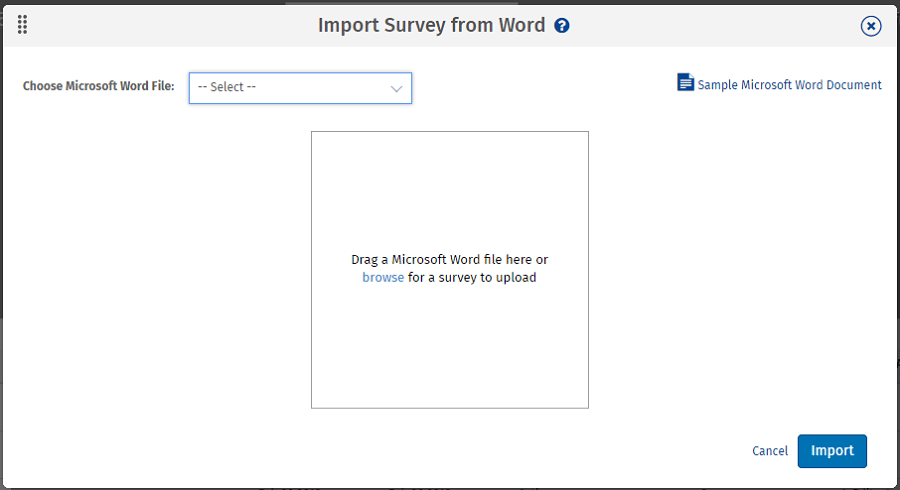
Templates
QuestionPro offers over 300 survey templates that can be implemented to create surveys in a matter of seconds. These templates are segregated into categories for ease of use too.
Steps to improve survey response rate while creating a survey:
- Be quick: The shorter a survey, the better it is to receive quicker responses, as it increases the chances of the respondents finishing it.
- Offer gift coupons and other incentives: A Starbucks or an Amazon gift coupon and other incentives will motivate the respondents to complete the survey.
- Purchase a reliable audience: With a platform such as QuestionPro Audience that has more than 22 million panelists onboard, an organization can be assured of receiving accurate responses that fulfill their target.
Boost Online Surveys With QuestionPro Survey Tool
Online surveys have become indispensable for collecting data and insights from a large and diverse audience. The QuestionPro Survey tool is one such survey maker that offers various features and functionalities to create and conduct surveys quickly and efficiently.
The QuestionPro Survey tool is popular with over 300 survey templates with its user-friendly interface, customizable templates, and advanced analytics capabilities for responses.
Overall, the QuestionPro Survey software is a valuable resource for conducting unlimited surveys and gathering feedback and deeper insights from a large audience or customers. Its practical features and user-friendly interface make it an excellent survey maker for businesses and researchers looking to collect data and important insights quickly and efficiently.




